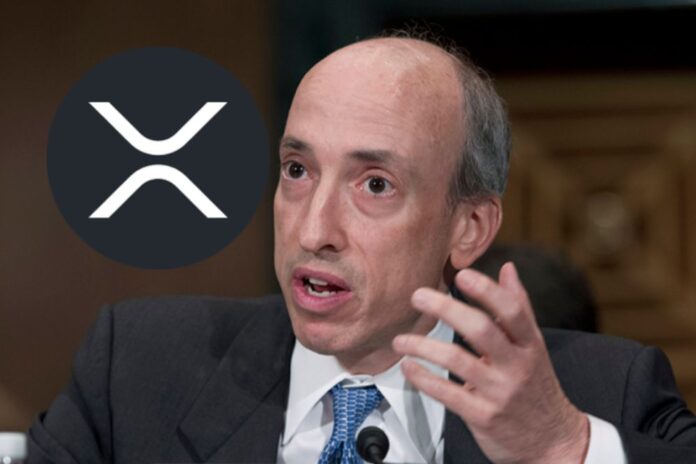The U.S. Securities and Exchange Commission (SEC) chairman Gary Gensler, known for his scrutiny of blockchain firms, has expressed mixed views on Ripple’s On-Demand Liquidity (ODL) solution for cross-border payments. While he acknowledged its potential in 2018, he has since labeled XRP as a security, hindering its development.
The SEC’s current practice of going after crypto-focused companies and their cryptocurrencies has been criticized by many experts, and Gensler’s previous comments have added another reason for criticism of the regulator’s strategy. Some in the crypto community have also called for Gensler’s removal.
Read Also: Congressman Says Now Is A Great Time To Fire SEC Chair Following Pro-XRP Lawyer’s Critique
Ripple’s On-Demand Liquidity (ODL) and the SEC’s Classification of XRP
In 2018, Ripple, a company focused on cross-border payments, introduced its On-Demand Liquidity (ODL) solution, which leverages blockchain technology and the digital asset XRP, to facilitate faster and more efficient international transactions.
ODL garnered initial recognition from SEC Chairman Gary Gensler, who acknowledged its potential during an economic forum on blockchain’s impact on finance.
However, in 2020, the SEC took a starkly different approach, filing a lawsuit against Ripple, alleging that it sold XRP as an unregistered security.
This classification cast a shadow over Ripple’s operations and the development of ODL, raising concerns about the regulatory environment for blockchain-based assets. This lawsuit has severely harmed XRP’s adoption in the U.S. and has cost Ripple hundreds of millions of dollars.
Algorand (ALGO) Technological Prowess and the SEC’s Security Designation
Algorand, another prominent blockchain project, has also faced regulatory hurdles. In a 2019 presentation, Gensler praised Algorand’s technological capabilities, highlighting its potential for innovative applications. However, in April 2023, the SEC took a contradictory stance, labeling ALGO, Algorand’s native cryptocurrency, as a security.
This designation raised concerns within the Algorand community and the broader blockchain industry, as it could potentially stifle the development and adoption of the technology. The SEC’s actions have been met with criticism from some who argue that the agency’s approach to regulating blockchain technologies is overly cautious and stifles innovation.
We are on twitter, follow us to connect with us :- @TimesTabloid1
— TimesTabloid (@TimesTabloid1) July 15, 2023
Read Also: Ripple CEO To Ex-SEC Chair Jay Clayton: “Watching this clip makes my blood boil”
The contrasting stances on XRP and ALGO highlight the challenges and opportunities associated with regulating blockchain technology. While the SEC’s role in protecting investors is crucial, its approach should not hinder the development of promising technologies that could revolutionize various industries, as it has done to XRP especially.
The SEC faces the delicate task of striking a balance between investor protection and fostering innovation, and according to Ripple co-founder Chris Larsen, the SEC will soon end its regulation by enforcement policy.
While regulatory oversight is essential, it should not stifle innovation. Finding this balance will require careful consideration of the unique characteristics of blockchain technologies and a willingness to adapt regulatory frameworks accordingly.
Follow us on Twitter, Facebook, Telegram, and Google News


